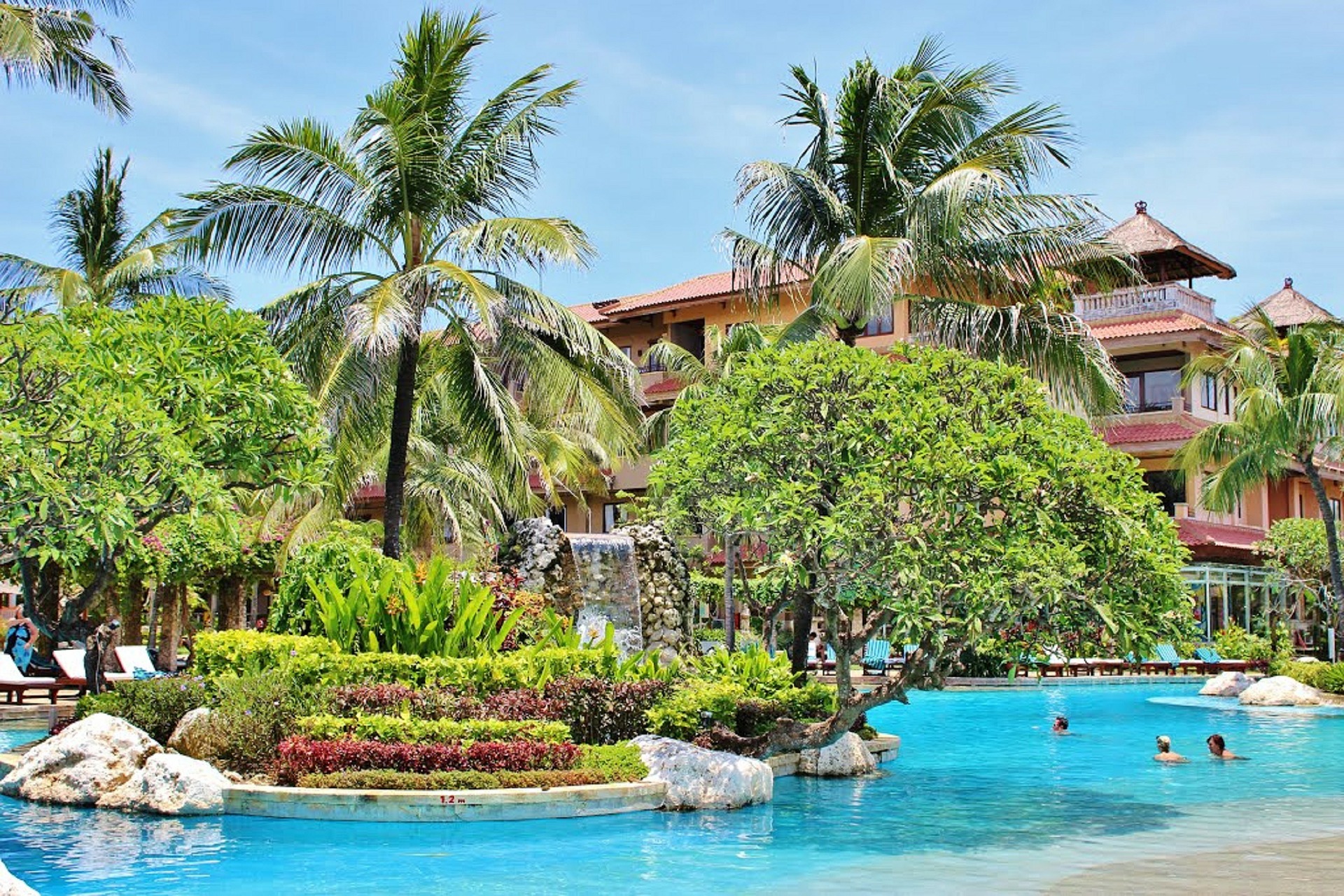
New regulations open the doors for green investment in Bali
Bali’s governor recently issued new regulations for clean energy and electric vehicles, helping to provide more opportunities for green investments.
There has been plenty of talk recently around green initiatives and plans to drive Bali along a more sustainable path. And now it seems solid actions are being taken to move this idea forward.
Clean energy development
Local news wires have been reporting on newly issued local government regulations presented by Wayan Koster, Bali’s Governor, which focus on clean energy development with five priority programmes, including power generation and use, the development of environmentally friendly transportation, and the development of the Polytechnic and the Center for Clean Energy Studies in the Regency of Bangli.
The first of these is Regulation No.45 / 2019, which aims to fulfill Bali’s energy needs using environmentally friendly and renewable energy sources.
Impact on Bali’s property industry
The regulation also impacts Bali’s property sector by stressing the need to develop zero energy buildings. These will be designed in what’s being called a “tropical style” and in tune with traditional Balinese architecture using sunlight, environmentally friendly building materials, energy efficient electrical devices, transportation and solar power roof systems. Water usage, wastewater treatment and recycling are also covered.
Initially these regulations will target central and regional government buildings, as well as commercial, industrial, social and household buildings with a floor area of more than 500-square meters. Solar powered roof systems will be installed between 2021 and 2024 Governor Koster said.
Reducing dependence on coal based electricity
Industrial, commercial, and mall buildings with floor areas of more than 1,000-square metres, resorts with a land area of more than 3,000-square metres and 4-star (and above) hotels that use electricity sourced from clean energy will be entitled to a special green electricity tariff.
Electricity suppliers will also have to convert from coal and/ or oil-fired power plants to clean energy power plants. Governor Koster appears to be determined to reduce coal-based electricity supplies and is committed to making sure this initiative works. “For me, this is not a discourse, I will run it, I do not want to do something that cannot be done,” he told local news wires.
Investment opportunities
According to Mongabay, investors who will be involved in this energy transition are BUMN (state owned enterprises), private companies and regional companies including PT Gas, Pertamina, Indonesia Power, and the private sector.
Koster welcomed the involvement of private companies so long as the technology was right and the price competitive, but long-term success will need support from local communities.
Nyoman Suwarjoni Astawa, General Manager of PLN Bali Distribution Main Unit, said there were already investors, naming Medco and Solar Philippines who were involved in the first and to date, largest solar power plants (PLTS) auctioned by PLN.
The investment is valued around IDR 500 billion and two plants are expected to be operational in Karangasem and Jembrana by 2021.
Electric vehicle revolution
The other significant regulation is Pergub Bali No.48 / 2019, which focuses on the Use of Battery Based Electric Vehicles (KBL).
The bill is focused on preserving “Bali’s natural environment, supporting government programmess for energy efficiency and reducing pollution in the field of transportation,” claim local news wires. It also paves the way for ensuring the readiness of the necessary infrastructure for electric vehicles in Bali.
 Hotels that use electricity sourced from clean energy will be entitled to a special green electricity tariff. Image by Michelle Maria on Pixabay.
Hotels that use electricity sourced from clean energy will be entitled to a special green electricity tariff. Image by Michelle Maria on Pixabay.
Tourism areas targeted
Key to the success of this initiative is to use local content and providing incentives for owners and users of Battery-Based Electric Vehicles. Koster said there would be special zones in the major tourist areas of Kuta, Sanur and Nusa Penida for electric vehicles, but this must be supported by suitable infrastructure from PLN. Astawa claims PLN has 127-public filling stations for motorcycles and two for electric cars.
Koster added that he has invited two companies, Gesit Motor (a private company) and Wijaya Karya (a state owned enterprise) to lead the way and a production target of 30,000 units a year has been set. Gapura Bali reported on Gesit Motor and the electric vehicle revolution in October.
As with the clean energy regulation, the electric vehicle bill will be phased in, first targeting government agencies, regional management authorities and state owned enterprises as well as those companies engaged in public transportation services.
















